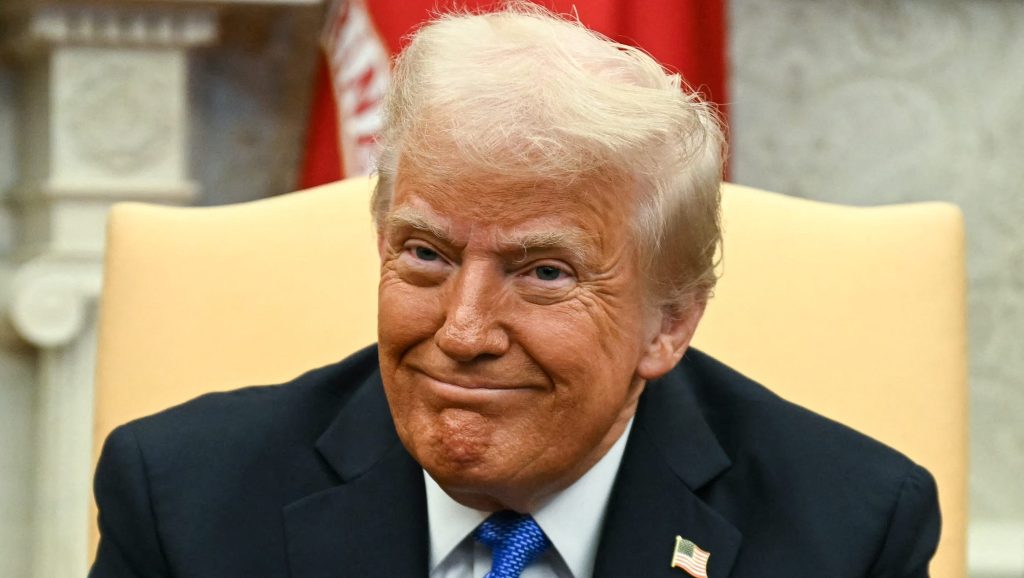UK Trade Deal in the Works: Trump and British Minister Strategize to Ease Film Tariffs
In a significant move to strengthen economic ties, former U.S. President Donald Trump and British Trade Minister Greg Hands are negotiating a bilateral trade deal aimed at reducing film tariffs. The discussions, which gained momentum this month, seek to lower barriers for the entertainment industry, fostering collaboration between Hollywood and the UK’s thriving film sector. Analysts suggest this partnership could inject billions into both economies while reshaping global media trade dynamics.
Why Film Tariffs Are a Priority in UK-US Trade Talks
The film industry has long been a sticking point in trade relations between the U.S. and UK. Currently, the U.S. imposes a 1.5% tariff on British film imports, while the UK applies a 2.3% levy on American productions. Though seemingly modest, these fees add up quickly—especially when blockbuster budgets routinely exceed $200 million. The British Film Institute estimates that eliminating these tariffs could save the industry over £120 million annually.
“This isn’t just about cutting costs—it’s about removing bureaucratic friction,” says Dr. Eleanor Whitmore, a trade policy expert at the London School of Economics. “When you streamline tariffs, you encourage more co-productions, talent exchanges, and location sharing. That’s how you create jobs and stimulate creativity.”
Key benefits under discussion include:
- Expedited permits for filming locations
- Shared tax incentives for co-produced content
- Harmonized copyright enforcement
The Economic Impact on Both Sides of the Atlantic
The UK film industry contributed £5.6 billion to the national economy in 2022, with U.S. collaborations accounting for 38% of major productions. Meanwhile, British talent and studios play pivotal roles in American franchises like Star Wars and the Marvel Cinematic Universe. A tariff reduction could amplify this synergy, particularly as streaming platforms demand more content.
However, some unions express caution. “We need guarantees that lower tariffs won’t lead to a race to the bottom in wages or working conditions,” warns Martin Briggs of the UK Entertainment Workers Alliance. His concerns echo broader debates about globalization’s uneven effects.
Political Implications and Timeline for Agreement
Though Trump’s involvement raises eyebrows—given his contentious trade history—insiders say his rapport with UK conservatives provides leverage. “President Trump understands deal-making, and the British government sees an opportunity here before potential U.S. election upheavals,” notes political analyst Rebecca Shawcross.
The timeline remains fluid, but sources close to the negotiations suggest a preliminary agreement could emerge by late 2024. Key milestones include:
- June 2024: Draft framework review
- September 2024: Public comment period
- December 2024: Target signing date
What’s Next for the Entertainment Industry?
Beyond tariffs, the deal may address digital content quotas and data localization rules—critical issues for Netflix, Amazon Studios, and other streaming giants. “The future isn’t just theatrical releases; it’s about how algorithms recommend British shows to Kansas households or vice versa,” remarks tech policy consultant Diego Martinez.
As negotiations progress, stakeholders are advised to:
- Monitor updates from the Department for Business and Trade
- Engage with industry roundtables
- Prepare for adjusted budgeting models
For filmmakers and investors alike, this deal represents more than cost savings—it’s a chance to redefine storytelling in an increasingly interconnected market. Stay informed by subscribing to trade bulletins or attending upcoming industry forums.
See more Business Focus Insider Team

